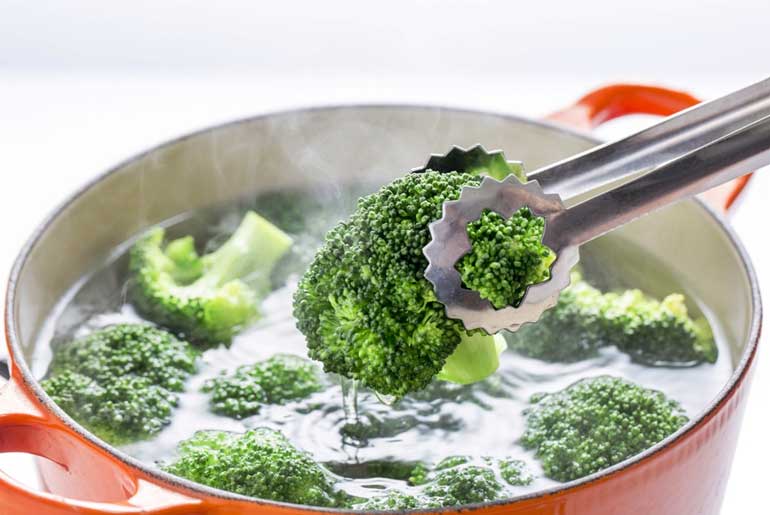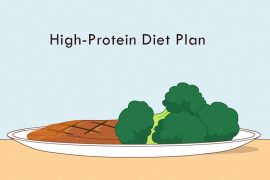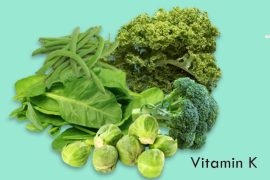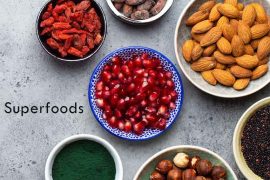Boiling vegetables can alter their nutritional profile in various ways, sometimes making certain nutrients more accessible or enhancing their bioavailability. Here are some vegetables that are known to become more nutritious when boiled:
- Spinach and Kale: Boiling spinach and kale can increase the availability of antioxidants such as lutein and zeaxanthin, which are beneficial for eye health. Boiling also helps break down oxalic acid, which can interfere with the absorption of calcium and other minerals.
- Tomatoes: Boiling tomatoes helps release lycopene, a powerful antioxidant that may help reduce the risk of certain cancers and cardiovascular diseases. Lycopene is more easily absorbed by the body when tomatoes are cooked.
- Carrots: Boiling carrots softens their cell walls, making beta-carotene more accessible. Beta-carotene is a precursor to vitamin A, important for vision, immune function, and skin health.
- Broccoli: Boiling broccoli breaks down tough fibers, making it easier to digest and absorb nutrients such as vitamin C, folate, and glucosinolates, which have potential cancer-fighting properties.
- Sweet Potatoes: Boiling sweet potatoes increases the bioavailability of beta-carotene and other carotenoids. These antioxidants are important for immune function and may help protect against oxidative stress.
- Peas: Boiling peas can enhance the digestibility of protein and increase the availability of vitamins B1 (thiamine) and folate. Thiamine is essential for energy metabolism, while folate is important for cell division and growth.
- Beets: Boiling beets helps soften their tough outer skin and fibers, making it easier to absorb betalains, which are antioxidant and anti-inflammatory compounds that give beets their vibrant color.
- Asparagus: Boiling asparagus can improve the bioavailability of vitamins A, C, and E, as well as folate. These vitamins are important for immune function, skin health, and cell growth.
While boiling can enhance the nutritional benefits of these vegetables, it’s important to note that prolonged boiling or excessive heat can lead to nutrient loss, especially water-soluble vitamins like vitamin C and B vitamins. To preserve nutrients, consider using minimal water, steaming, or microwaving vegetables for shorter cooking times. Additionally, pairing boiled vegetables with healthy fats (e.g., olive oil, avocado) can enhance the absorption of fat-soluble vitamins and antioxidants.
Disclaimer:
The information contained in this article is for educational and informational purposes only and is not intended as a health advice. We would ask you to consult a qualified professional or medical expert to gain additional knowledge before you choose to consume any product or perform any exercise.







